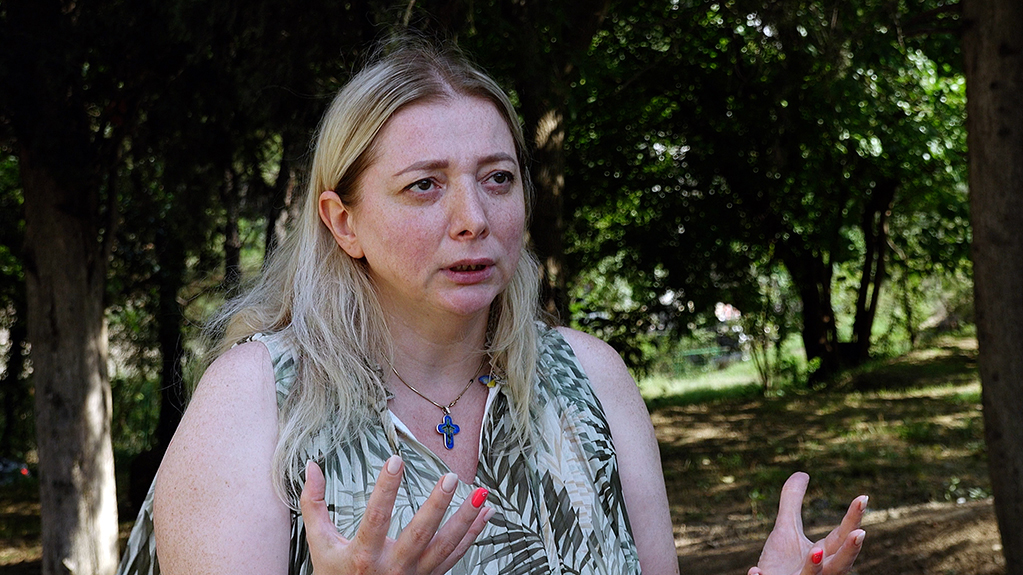The termination of $95 million in aid from the United States to the Georgian government has also impacted the Institute of Earth Sciences and the National Seismic Monitoring Center at Ilia State University. "After the Lugar Laboratory, we expected this would be inevitable," said the center's director, Thea Godoladze.
News
Ilia State University is a public institution. According to Tea Godoladze, the financial restrictions imposed by the U.S. government due to recent developments in Georgia have also affected a targeted program, from which the Institute of Earth Sciences and the Seismic Monitoring Center were beneficiaries.
"Yes, our aid has also been suspended for an indefinite period. We were in the process of updating the seismic hazard map, which, of course, was funded by the U.S. The U.S. also financed the bulk of the work necessary for the maintenance and storage of the monitoring systems. Purchasing and installing the equipment is not enough - it also requires maintenance. They financially supported our young team, as we are a subsidized scientific institution with very little funding from the state.
Our scientific team has 80 employees. We currently have 49 seismic stations across Georgia and about 160 geodetic stations, both permanent and temporary. Our scientific work cannot continue without well-maintained infrastructure. After covering annual expenses like salaries, security, internet services, and vehicle repairs, our annual budget leaves us with just 24,000 GEL in free funds. Yes, the U.S. helped us. Today, it's a rather difficult reality," said Tea Godoladze.
She noted that since 2020, funding from the state budget has not increased but has decreased each year.
"One seismic station set costs $50 000, including associated expenses. This is equipment, so it can break down - it's not unusual for us, as we work in challenging conditions. Our employees don't even have health insurance due to the tight budget. We are currently looking for ways to preserve what we’ve built over the years with our American partners," Godoladze expressed, hopeful that the situation is temporary and will not cause irreversible damage.
Due to the passage of the Russian-style foreign agents law by the Georgian Dream party, the U.S. began a comprehensive review of its relations with Georgia. On July 31, Secretary of State Antony Blinken announced that the U.S. had suspended more than $95 million in aid that would have directly benefited the Georgian government. This amount included funding for projects like the Lugar Laboratory and the National Center for Disease Control. Georgian Prime Minister Irakli Kobakhidze commented that the "content of this amount" was unclear.
On this topic:
O'Brien: Georgian Dream Denies Reality, Saying to Voters that Everything is Alright















